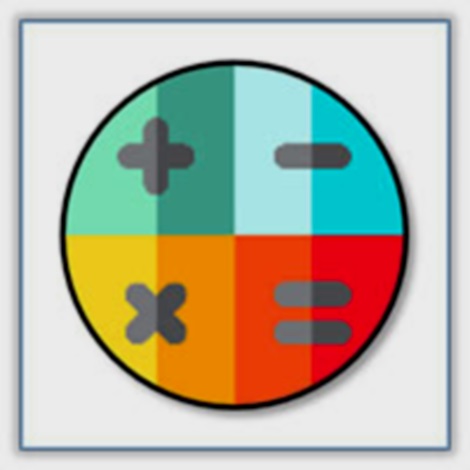Financial Tip
March 2017By David Edge
[spacer height=”03px”]
Check or Credit/Debit Card?
[spacer height=”02px”]
While just about any financial transaction we do can expose us to the criminal element, there are checks and balances that can keep us a bit safer.
[spacer height=”02px”]
You’re standing in line to check out, and the person in front of you pulls out their check book. “How archaic,” you think to yourself. Check writing has decreased by 50% since 2000, but the real exposure to check writers is with fraud. While there appears to be just as much opportunity for fraud with credit and debit cards, the exposure with writing a check may have greater consequences.
[spacer height=”02px”]
If any theft of a credit/debit card happens, alerts happen very quickly with electronic monitoring by the financial institution. A halt is placed on the card in question and a new card is rushed to the client. Misappropriated funds are replaced, and the retail store shares in the loss for taking the fraudulent transaction. Hence, the recent surge in requiring ID for purchases, as well as more stringent usage policies.
[spacer height=”02px”]
On the other hand, writing a check still has all the old proven ways to steal your money. You write a check, it has your name, address, phone number, bank name, routing number, account number and signature all on the check. The numerous ways for theft start as soon as you hand the check to the cashier. A dishonest clerk could copy your check. If sent by mail, the check could be stolen and washed. This is a process where the criminal chemically removes the payee and dollar amount of the check keeping your perfectly legal signature, writes a new amount and payee, and then cashes the check!
[spacer height=”02px”]
The main issue with writing a check is that once the bad guy has your check, they can drain your account and we only have to hope you don’t have your checking account tied to your savings account as both accounts can be drained. Question is, “how much money do you keep in your account to be possibly stolen”? Most folks have taken the precaution of keeping a low balance in their checking account just to cover the balance of checks they have issued. Good thinking!
[spacer height=”02px”]
Retailers are combating the risk, by taking your check at the register and immediate-ly processing the payment and giving the check back to you. Now the check never leaves your sight, and this curtails any opportunity for your personal information to be stolen on the way to your bank.
[spacer height=”02px”]
Recording all check transactions and regularly checking your bank account online are also smart ways to track your transactions against fraud and keeping your information from being stolen. Why not just avoid the risk?
[spacer height=”02px”]
We suggest that you minimize or avoid check writing altogether. Use the safe and secure debit or credit card to protect yourself from fraud.

